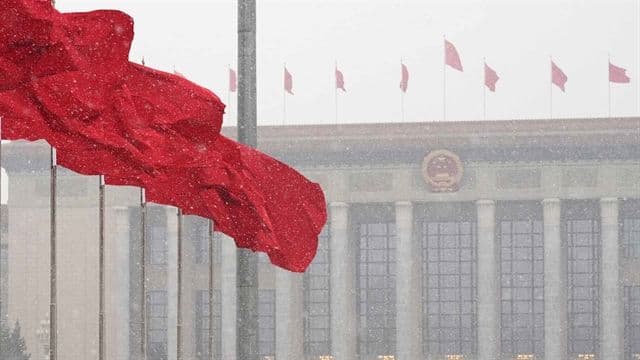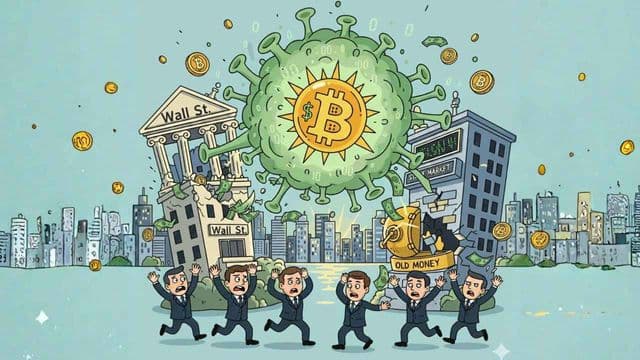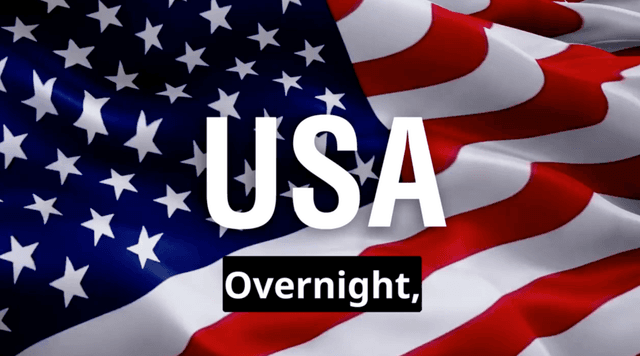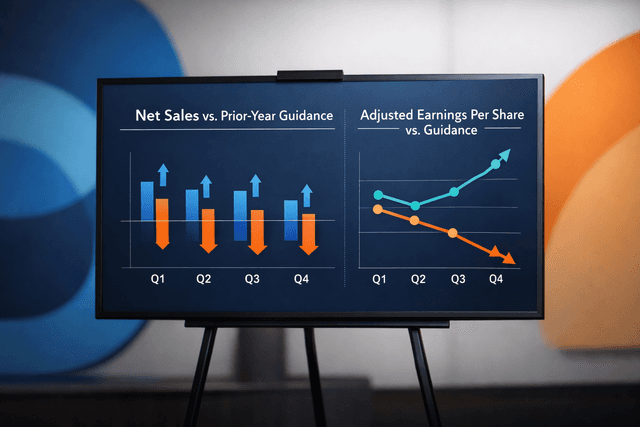Latest news in United States.
Grafa
Breaking News
What Does China's GDP Target Reveal?
Xiaojia Zhi, Credit Agricole Chief China economist, tells Bloomberg TV that China's modest GDP growth targets reflects a desire to boost domestic demand while limiting fiscal support to those sectors where it is most urgently required.
Why China's Growth Target Is the Lowest Since 1991
China set its most modest growth target in more than three decades, a range of 4.5% to 5%, in a tacit acknowledgment that the model powering the country's rapid rise is showing strains. Bloomberg's Stephen Engle reports.
Goldman's Solomon on Iran, AI and Private Credit
Goldman Sachs Chair and CEO David Solomon discusses the market reaction to the Iran attacks, his views on AI and why he is keeping an eye on the private credit market. He speaks with Haidi Stroud-Watts on "Bloomberg: The Asia Trade."
Insights
What’s behind the panic-buying of gold?
In times of uncertainty, we often look for something solid to hold onto. Lately, it seems the world’s investors have decided that “something solid” is, quite literally, gold.
The metal’s soaring price is more than just a market trend; it's a global barometer of anxiety.
When faith in currencies, governments, and traditional financial systems begins to waver, we see a familiar flight to the perceived safety of this timeless asset.
Surprise! Lithium gets a recharge
Well, pull out the party hats and dust off the stock tickers.
Lithium, the commodity that investors and analysts had all but left for dead in the great market purge of 2023-2024, is back.
Billionaire bears take a swipe at Tesla
The stock market has long treated Tesla (NASDAQ:TSLA) less as a traditional automaker and more as a futuristic technology cult, with its valuation soaring on the gravitational pull of its CEO, Elon Musk.
This persistent "Musk Premium" has burned countless short-sellers.
Can Bitcoin bring down the global financial system?
Bitcoin has vaporised more than US$800 billion in its latest crash and sucked US$1 trillion out of the broader crypto market.
With nearly US$2 trillion in market value and rising allocations from Wall Street firms, ETFs, pension funds, and insurers, Bitcoin is increasingly woven into traditional finance.
Economy
Economy
U.S. Customs to halt invalidated tariffs as Trump pivots to new 15% global levy
U.S. Customs and Border Protection (CBP) will officially stop collecting billions in trade duties at 12:01 a.m. EST on Tuesday, following a landmark Supreme Court ruling that declared President Donald Trump’s use of emergency powers to levy tariffs illegal.
Economy
SCOTUS dismantles Trump’s emergency tariffs in major rebuke
The U.S. Supreme Court delivered a historic blow to President Donald Trump’s economic agenda Friday, ruling 6-3 that the administration overstepped its constitutional authority by using a national emergency statute to impose sweeping global tariffs.
Economy
US jobs beat lands, but the real shock is underneath
The January US jobs report surprised to the upside, adding 130,000 roles as unemployment dipped to 4.3% and wages stayed contained.




-640x360.jpg&w=1200&q=75)
-640x360.jpg&w=1200&q=75)













